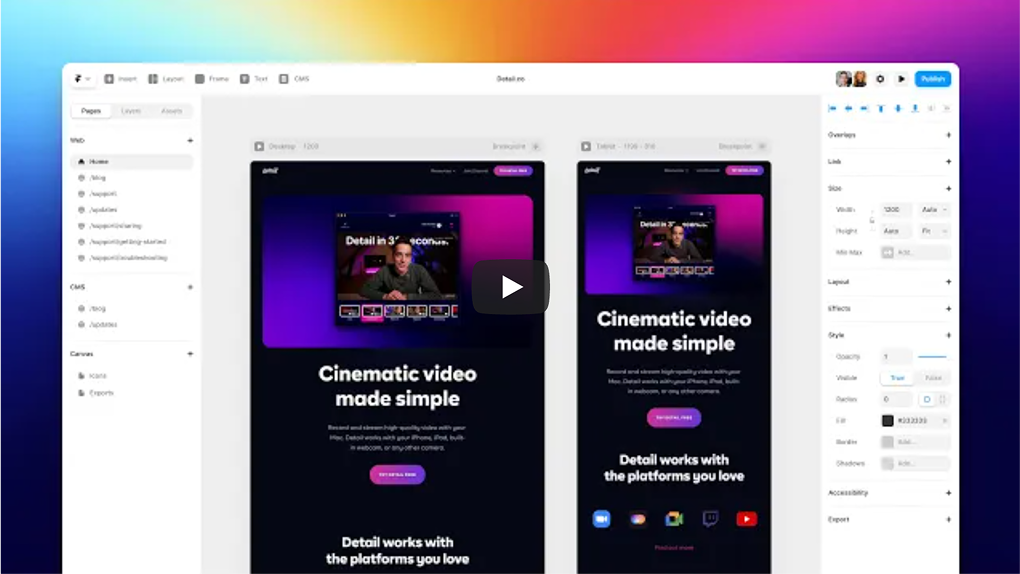
Decoding Resilience in Different Roles within an Organization
November 16, 2022

The pandemic spearheaded a lot of organizational changes. More companies began investing in their employees and as we stand towards the end of 2022, we’ve also witnessed a significant surge in L&D budgets. There’s been a deep realization over the past couple of years wherein organizations have started to focus on building teams for the future of work. What might that entail, most ask. It means building teams within an organization that can withstand uncertainty and change. When Josh Bersin recently emphasized upon the importance of “power skills”, the ones needed to manage change and stay unfazed in the face of uncertainty were on the top.
At Fundamento, we’ve spent a lot of time digging into this. With our team of IO psychologists and on the back of the data we’ve been gathering over the last two years, we’ve identified skills and correlations that dramatically enable an organization. We have an inventory of 33 power skills from which two establish a significant correlation that’s critical in building a workforce for the future – Resilience and Change Management.
Resilience points to the intrinsic ability to overcome hardships and to adaptively cope with stress in a way that allows one to bounce back and resume normal cognitive and physical functions.
Change Management refers to recognizing the need for change and challenging the traditional status quo constructively. It is having the ability to initiate and successfully manage change.
More often than not, these two power skills are taken for granted across teams. Organizations expect teams to be resilient in change and manage their emotions, but these are tangible skills that need to be developed over time. Today, organizations are investing in upskilling their teams on these skills and a lot of this is done through company-wide initiatives. However, our team of learning designers suggests that these skills manifest very differently across roles and need to be approached uniquely.
Therefore, we dug further into three job roles and how these skills play out in each of those roles – Sales, Customer Experience and Leadership. Furthermore, we understood how these skills work in tandem with each other to enable the organization.
Sales
Sales is an incredibly high pressure job. In a changing world, with vast uncertainty, the job of a sales professional has become even more challenging. However, it is one of the most critical job roles in an organization and for the future of work, a sales professional must be able to adapt quickly and develop a growth mindset. Therefore, Resilience and Change Management manifest in sales roles through micro behaviors associated with execution. Developing Change Management in fact sets the ground for developing Resilience:
- Acknowledging the need to adjust communication styles for different clients makes room for the ability to find new learnings despite not closing a sale
- Identifying bottlenecks in the sales funnel and altering the approach to eliminate them allows one to move past rejections and overcome client objections
- Streamlining work to accommodate for additional efforts in difficult times helps maintain consistent efforts in target achievement without falling behind
Customer Experience
The way Resilience plays out in customer experience roles is underestimated. It is observed more often than not to be the CX teams that impact business due to lack of what people might refer to as “tact” but we’d like to call Resilience. The ability to be able to move on after each customer interaction without letting one affect the other is the one skill that makes a customer experience professional ready for any changing situations and uncertainty. Therefore, how Change Management and Resilience correlate in this role is very intriguing as it almost compliments each other rather than impact each other:
- Disbanding the need of working consistently under pressure to bog one down
- Being open to embracing a new dynamic and less resistant to change
- Prioritizing tasks to zero-in on all of one’s concentration
- Having a forward-thinking approach to implementing organizational shifts
- Embracing criticism and looking at it in positive light
- Being always willing to adopt new and improved ways of doing things
Leadership
Being a leader in a changing world is one of the most difficult things to do. In fact, we have over many blogs in the past, charted out the various shifts in leadership since the pandemic and especially in what we call the new world of work. Leadership plays a crucial role in setting the tone for the organization and its overall strength in the time of change and uncertainty. Resilience and Change Management are both critical skills for this role and usually manifest together:
- Adapting well in the face of significant stress and helping others do the same
- Understanding the need for transition and outlining the vision and plan for achieving it
- Sustaining their energy level under pressure to cope with disruptive changes
- Taking inventory of team’s resources and executing changes in a way that is compatible with the team and the business’ requirement
- Tapping into their strengths to overcome challenges and working through problems
- Ensuring the change sticks and becomes embedded in the company’s culture and practices
For any organization moving forward, building Resilience and Change Management in teams is of utmost importance. However, it is equally important to understand how these skills manifest in different roles because they entail different micro behaviors associated with the job role. For each of the three roles, the same skills play out very differently. It is important to do everything on the back of data. At Fundamento, we identify Skill Maps based on the job description, conduct surveys and assessments, and contextualize the solution to the organization’s needs.



